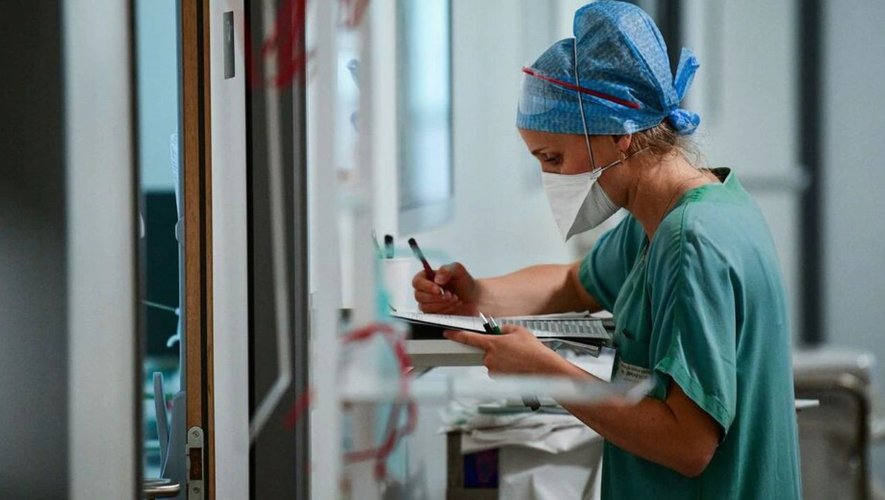A study carried out over the past three years looks back at the anticoagulant treatments that have been prescribed to patients infected with Covid-19. These patients had an increased risk of thrombosis.
“We did more harm than good.” In Nancy (Meurthe-et-Moselle), Professor Stéphane Zuily, doctor at the CHRU, recently ended a national therapeutic trial called “COVI-DOSE”, which will have lasted three years. This work, the results of which were revealed on Friday June 9, took a close look at the risks of thrombosis – that is to say the formation of blood clots – in people infected with Covid-19. Faced with these risks of thrombosis, many patients have been prescribed anticoagulant treatments for years, which make it possible to thin the circulation of the blood.
Read also :
Cheap and available diabetes drug reduces risk of long Covid, study finds
Faced with Covid-19, many health professionals recommended increasing “empirically” the doses of treatment prescribed: the quantities of treatment administered were not always adequate, however. “We now realize that increasing the doses of anticoagulant treatment does not reduce the risk of thrombosis in patients infected with the virus, but that in addition, it promotes bleeding, mentioned to The Midi Dispatch, Professor Stéphane Zuily, who commissioned this study. The best is the enemy of good…”
Cases of pulmonary embolism
Since the start of the pandemic, many symptoms ranging from fever, breathing difficulties to loss of smell, have been associated with the virus. The risks of thrombosis in infected people were identified a few months after the start of the epidemic: “This is something that was discovered when the first patients infected with the virus were taken care of in the countries Westerners, explains Pr. Zuily. At the start of the pandemic, this pathology was observed in one out of four infected patients, in intensive care.
Read also :
Covid-19: why are we still studying the virus in Toulouse?
The formations of blood clots were observed above all in the lungs: “We then observed a multiplication of cases of pulmonary embolism, details the doctor. The more severe the disease, the more the body defended itself by trying to trap the virus in the lungs. , by activating coagulation. This activation of blood coagulation to block the virus was at the origin of cases of thrombosis”.
To prevent the formation of blood clots in contaminated patients, health professionals prescribed treatments – at low doses – of anticoagulants. “It was judged at the time that these doses were insufficient and that they had to be increased”, punctuates Professor Zuily.
Wrongly therefore since from now on, the empirical increase in the doses of anticoagulant treatment against Covid-19 is no longer recommended: “The dose that we deemed useful to put in place was a slightly increased dose, it that is to say a dose that takes into account the weight of the patient”, continues the doctor.
Read also :
Covid-19: the study which establishes a link between severe form and cancer
The study which has just been carried out was carried out with the participation of 23 French hospitals, on a cohort of 1,000 hospitalized patients. The results which have just been published will soon be sent to multiple international public health authorities, such as the World Health Organization. These should make it possible to update the global recommendations for anticoagulant treatments established by the International Society on Thrombosis and Haemostasis (ISTH).

